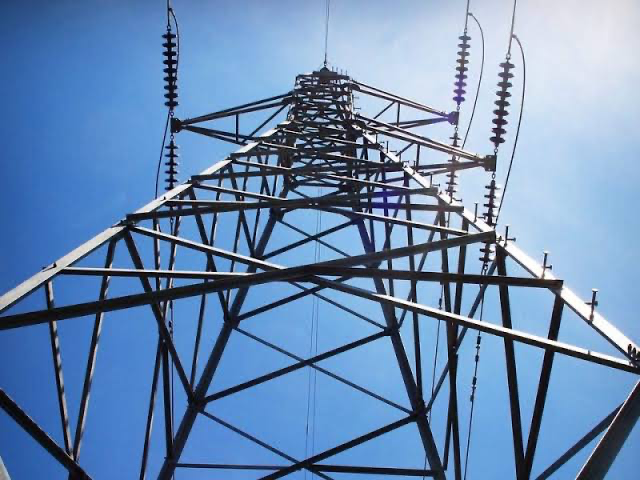South Africa’s Minister of Electricity, Kgosientsho Ramokgopa, has firmly rejected suggestions that the recent cessation of load-shedding—a frequent and disruptive power outage system—is being manipulated to favor the ruling African National Congress (ANC) in the upcoming May 29 elections. This period marks a significant shift from recurrent power outages to a stable power supply, raising public suspicions about the timing coinciding with electoral campaigns.
During a media briefing, Minister Ramokgopa credited the marked improvement in the nation’s electricity supply to successful engineering interventions and comprehensive maintenance strategies implemented by Eskom, the state-owned power utility, over the last 18 months. This period aligns with the fortieth consecutive day of no load-shedding, during which public discourse has increasingly questioned whether this stability could indeed be a politically motivated maneuver to curry favor with the electorate.
Addressing the concerns head-on, Ramokgopa explained that the alleviation from load-shedding was not due to increased reliance on costly diesel-fueled open cycle gas turbines (OCGTs), which had been a significant operational expense in the past. He highlighted that in April 2024, Eskom’s expenditure on diesel for these turbines was R1.15 billion, generating 126 GWh of electricity—a substantial reduction from the R3.14 billion spent in April 2023 to produce 470 GWh. Eskom’s overall diesel budget for 2024/25 was set at R22 billion, down from an overspent budget of R30 billion in the previous fiscal year.
The notable enhancement in power stability, according to Ramokgopa, primarily stems from improved performance across six key coal-fired power stations—Kusile, Matimba, Majuba, Lethabo, Matla, and Medupi. These stations have seen their average energy availability factor (EAF) increase to above 60%, with a peak recovery to 65% on May 1, aligning with targets previously set by Eskom’s board.
The Minister attributed this uptick in operational efficiency to the strategic allocation of resources facilitated by a R254-billion debt-relief package, which provided Eskom with the financial stability needed to plan and execute maintenance outages effectively. This funding also ensured the procurement of essential long-lead items necessary for sustained maintenance efforts.
Additionally, Ramokgopa pointed to a significant reduction in electricity demand, influenced in part by the surge in installations of rooftop solar systems, now estimated to contribute around 5,400 MW to the national grid. This decrease in grid dependency has allowed Eskom more flexibility to conduct maintenance and bolster its emergency reserves without causing disruptions to consumers.
Ramokgopa was explicit in dismissing any linkage between these developments and the forthcoming elections. He clarified that the Energy Action Plan, underpinning these improvements, was unveiled in July 2022 and its implementation commenced well before the election date was even set, emphasizing a continuity in policy rather than a reactionary measure to electoral pressures.
Further complicating the challenges to South Africa’s power network, Ramokgopa acknowledged ongoing issues with municipal distribution infrastructure, which he described as deteriorating more rapidly than anticipated. He stressed the urgent need for a structural financial solution to prevent long-term power outages affecting numerous residents across the country, sometimes lasting several months.
The briefing aimed to reassure the public and stakeholders that the recent stability in power supply is the result of deliberate and sustained efforts by Eskom and the government to rectify longstanding inefficiencies within the system, rather than a short-term tactic to influence voter behavior. As South Africa approaches its electoral date, the integrity of these efforts remains under scrutiny, with the government’s handling of the energy crisis likely to be a significant factor in the electoral decisions of the populace.
Source: Mining Weekly



